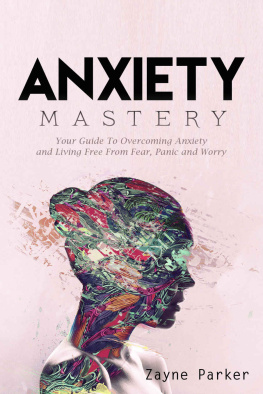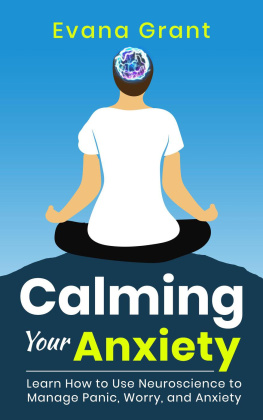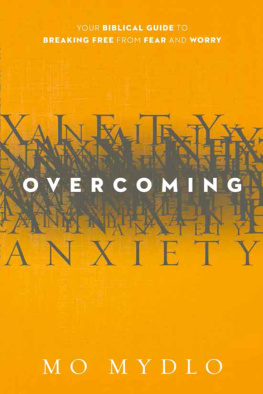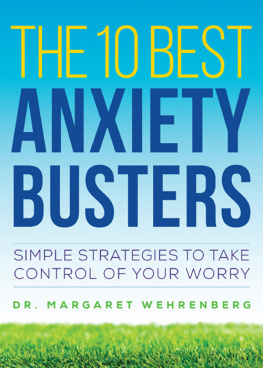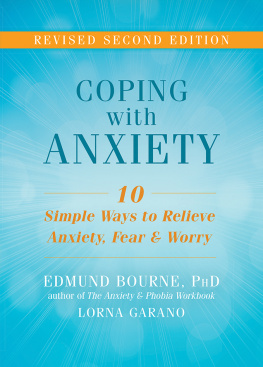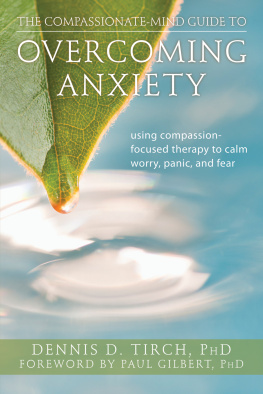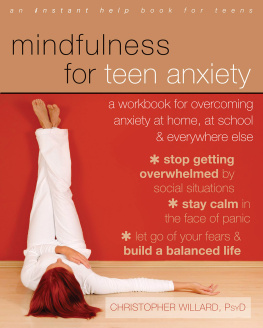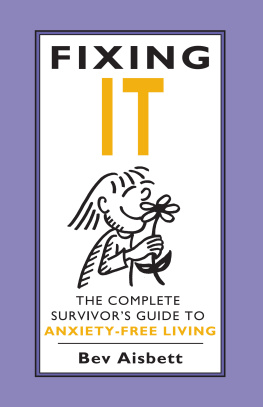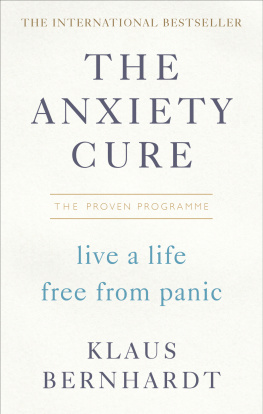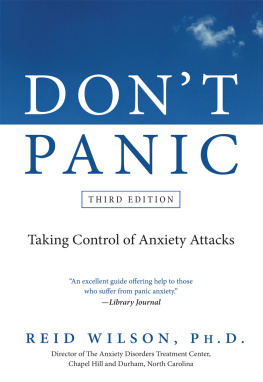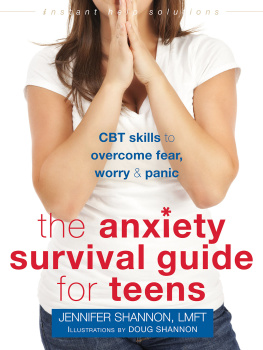In no way is it legal to reproduce, duplicate, or transmit any part of this document in either electronic means or in printed format. Recording of this publication is strictly prohibited and any storage of this document is not allowed unless with written permission from the publisher. All rights reserved.
The information provided herein is stated to be truthful and consistent, in that any liability, in terms of inattention or otherwise, by any usage or abuse of any policies, processes, or directions contained within is the solitary and utter responsibility of the recipient reader. Under no circumstances will any legal responsibility or blame be held against the publisher for any reparation, damages, or monetary loss due to the information herein, either directly or indirectly.
Respective authors own all copyrights not held by the publisher.
This eBook is copyright protected. This is only for personal use. You cannot amend, distribute, sell, use, quote or paraphrase any part or the content within this eBook without the consent of the author or copyright owner. Legal action will be pursued if this is breached.
Please note the information contained within this document is for educational and entertainment purposes only. Every attempt has been made to provide accurate, up to date and reliable complete information. No warranties of any kind are expressed or implied. Readers acknowledge that the author is not engaging in the rendering of legal, financial, medical or professional advice.
By reading this document, the reader agrees that under no circumstances are we responsible for any losses, direct or indirect, which are incurred as a result of the use of information contained within this document, including, but not limited to, errors, omissions, or inaccuracies.
Introduction
Man has walked on the moon and is sending spacecrafts to the end of the Solar System and beyond. And yet, despite all our modern technology and all our amazing accomplishments, man still remains victim to stress and anxiety we continue to remain susceptible to the demands of our fast-paced lives which take so much out of us. The worst of it is, many of us dont even realize how stressed we are!
Anxiety and depression have become a common place affliction; today, it is nothing surprising to find someone who is undergoing psychiatric therapy for these problems. There is nothing wrong with it, obviously in fact, these people are to be lauded because they understood that they were in trouble and went to get help! A number of us refuse to even admit that we need help, much less try to seek it out.
The truth is, no matter how hard we try, it is impossible to get away from anxiety. Our lives are so fast-paced, so demanding, it becomes something as routine and daily as brushing our teeth. Unfortunately, the longer you let this go unchecked, the more the number of ill-effects it will have on your health. Now, it is not an absolutely hopeless task; as difficult as it is, you can take control of anxiety!
Anxiety need not be your worst enemy; it need not have adverse effects on your health and it need not be so pronounced that it ends up leaving you in a state of clinical depression. What you need to do is to take charge of your own life and turn it around anxiety can be controlled and kept to a manageable level! It is not quite the insurmountable obstacle it seems to be!
In this book, I have given you some quick pointers on how to handle anxiety and manage your panic attacks. You can wrestle control of your life away from these huge afflictions that seem to be ruling you just follow the simple steps described within these pages, and you will find yourself being able to manage and even overcome anxiety!
Thank you for choosing this book! I hope it comes in handy for you!
Chapter 1- What Is Anxiety?
To battle something, we first need to understand what we are fighting and why it affects us so deeply. Google defines anxiety as a feeling of worry, nervousness, or unease about something with an uncertain outcome. In simple terms, it means worrying about things that are beyond our control and allowing this worry to overtake your life to the extent that you can think of nothing else. And in the end, this worry begins to have negative effects on your health.
The problem with worries is that they never truly and completely go away. They always linger at the back of your mind, ready to pounce on you the moment you allow yourself to be weak. Now, we cannot always push through them and work we will end up giving in to them at some point or another. The trick is to make sure you are not crippled by these worries. That is when things take a turn for the worse.
When this happens, you find it hard to do anything. You are almost paralyzed by this anxiety, you cannot sleep and you keep thinking about how it may get worse. Thats a clear sign that you need to start working towards taking control of your life; not sleeping and the constant stress will begin to wear you down physically as well as emotionally, casting dark shadows over your health and your personal relationships.
Why do we find it so hard to stop worrying? Most chronic worriers would have noticed the more they tell themselves not to worry, the more they actually end up worrying. Try it for yourself, if you would like. You will find that you are able to distract yourself for a little while and fool yourself into thinking everything will be alright for an hour or so. You will be able to suppress anxiety but only for a short period of time!
This kind of thought stopping never works, because it only ends up forcing you to pay extra attention to the thought you want to avoid. You make yourself anxious because you think about it by attempting to not think of it! Confusing, isnt it? In simple terms, you are constantly on the watch for these worrying thoughts so that once they pop up, you can distract yourself. What you are essentially doing then, is assigning a level of importance to it that makes it even more worrying than it actually is. The more important the worry, the more anxious you end up getting. This is one major reason why we cannot seem to stop worrying altogether.
To battle this worry, let us first understand its nature. For most people, worries are fueled by their belief systems. Thoughts themselves are a product of what you believe; obviously, your worries are an end result of them too! For instance, if you believe that any work you submit to your superiors at your job must be perfect, then you will keep worrying about whether or not it is until your boss confirms it to you. Even if it is good work, you will start worrying about whether it is perfect and then end up not being satisfied the job well done that your boss gives you.
What you believe plays a huge role in what you think. They are interconnected; what you think is both an end result and a cause of what you believe. To manage worry, you need to be able to look beyond your beliefs and focus on what is important. You have to remember that you are not perfect you are human and you can only continually improve, but you cannot attain that 100% perfection you believe you should deliver. It is that kind of belief system that causes you worry and it is that which you will have to overcome not an easy task.
But it isnt impossible either! Managing your worry is easy enough to do once you understand where your worry stems from. The problem is getting yourself to admit that you may be worrying yourself sick; a lot of anxiety riddled patients dont even realize how much they are affected! Once you identify it though, you can focus trying to overcome it. In the next couple of chapters, I have outlined how you can do that.

